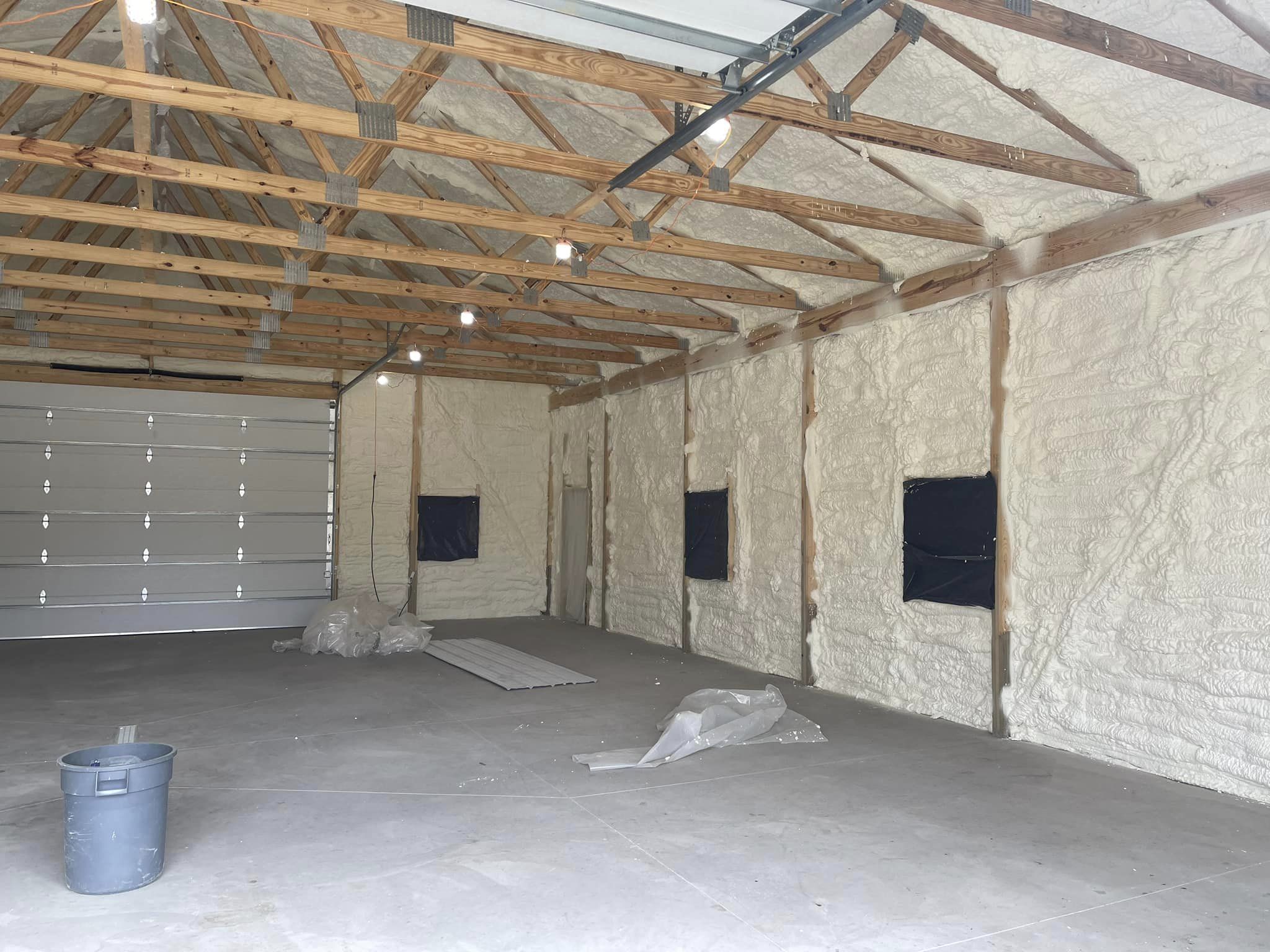Whether it is new construction, a renovation or a retrofit job, spray foam can be a great investment in your home. Spray foam is a powerful insulation material with a high R-value and air barrier properties that give it the unique ability to fill the gaps and holes that could be difficult to seal. No other insulation product on the market can match the performance of spray foam without utilizing additional products or materials.
Spray foam can help to lower energy bills through reducing heat loss or gain, eliminating air leaks, and improving your home’s energy efficiency. A recent analysis showed that homes with spray foam can reduce energy usage up to 5,638 kWh per year compared to the same home insulated and air sealed with other insulation. This amounts a greenhouse gas reduction of 1,556 kg of CO2 per year or a 33% reduction in the annual emissions of a car. Learn more about spray foam and reducing greenhouse gas emissions here.
Spray foam insulation and air barriers can reduce the carbon footprint from your home’s energy usage, which can help fight climate change. Even better, spray foam houses are energy efficient and resilient.
Spray Foam can:
- Improve the comfort of your home
- Increase the energy efficiency of the home
- Reduce your energy bills
- Make your home stronger and more resilient
TAX CREDITS, REBATES AND INCENTIVES
ENERGY EFFICIENCY
Spray foam can be a great money-saver by helping to lower energy bills through reducing air leaks and improving your home’s energy efficiency*.
VALUE
Spray foam is a powerful insulation material with a high R-value and air barrier properties that give it the unique ability to fill the gaps and holes that could be difficult to seal.
TAX SAVINGS
Spray foam may qualify you for tax credits or rebates.
Savings vary. Find out why in the seller’s fact sheet on R-values. Higher R-values mean greater insulating power.



